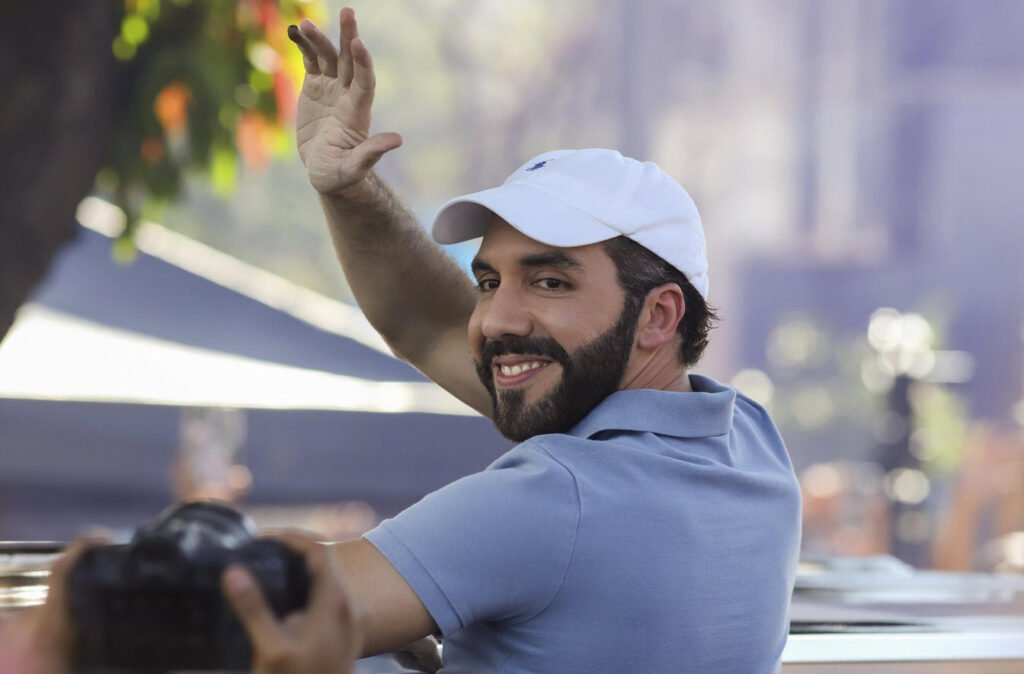In a recent announcement, President Nayib Bukele of El Salvador has declared an ambitious initiative to attract global talent. The Central American country plans to offer 5,000 free passports to highly skilled professionals such as scientists, engineers, doctors, artists, and philosophers from abroad.
The initiative, equivalent to a $5 billion investment in the country’s passport program, aims to grant full citizen status, including voting rights, to these professionals. Despite representing less than 0.1 percent of the country’s population, President Nayib Bukele believes their contributions will significantly impact the nation’s future.
We're offering 5,000 free passports (equivalent to $5 billion in our passport program) to highly skilled scientists, engineers, doctors, artists, and philosophers from abroad.
This represents less than 0.1% of our population, so granting them full citizen status, including…
— Nayib Bukele (@nayibbukele) April 6, 2024
In addition to citizenship, the government promises to facilitate the relocation process by ensuring zero taxes and tariffs on moving families and assets. This includes commercial value items like equipment, software, and intellectual property.
While this initiative marks a significant step towards global integration, it comes amid growing human rights concerns related to the country’s prison setup.
Nearly three-quarters of El Salvador’s gang members have been apprehended since President Nayib Bukele initiated a crackdown two years ago. The security minister, Gustavo Villatoro, reported that the tally of detainees has now reached 79,184, with efforts underway to track down the remaining estimated 25,000.
However, Nayib Bukele’s methods have faced criticism from human rights groups, with Amnesty International recently characterizing them as “disproportionate”. Despite this, Nayib Bukele, who secured reelection in February for another five-year term, has pledged to persist with the crackdown.
Conclusion
El Salvador’s bold move to attract global talent underscores the country’s commitment to progress and innovation. However, the juxtaposition of this initiative with the ongoing human rights concerns presents a complex scenario. As the country navigates this delicate balance, the world watches with keen interest.



